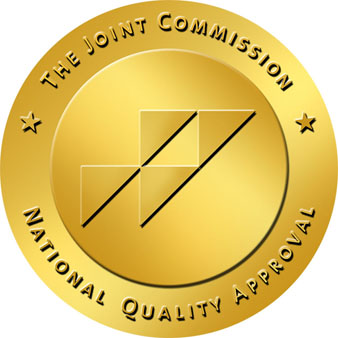
Alcohol or drug addiction is a life-altering experience and can be challenging to overcome without proper help. It becomes incredibly intricate for individuals to break their addiction and move on with their lives. In such cases, a rehab center in Los Angeles or any other city can benefit individuals struggling with substance abuse.
However, many people wonder whether it is worth the investment to join a rehab center. The answer largely depends on the individual’s specific case and what they are looking for in a program. It is important to note that not all rehabilitation centers are the same, and many have different strategies for helping individuals recover from drug and alcohol addiction.
Regardless of the strategies, it’s worth your time and money to join a rehab center in Los Angeles, as it provides you various direct and indirect benefits like:
You Get Personalized Treatment:
The staff at a rehab center will create a personalized plan for recovery, taking into account your circumstances. The team will look at your health, lifestyle, and home environment to create a program that works best for you.
The benefit of having a bespoke treatment plan is that it addresses your specific needs and helps you more efficiently. In addition, due to personalized treatment, individuals feel more motivated and encouraged to undergo the treatment, making it more likely that their recovery will be successful.
You Benefit From Peer Support:
The peer support that you receive at a rehab center is invaluable. Being surrounded by other individuals who are going through a similar situation can help them recover. Mutual support, understanding, and empathy will help you stay motivated and focused on the goal of a complete recovery.
Along with peer support, clients get continuous guidance and feedback from healthcare professionals. The staff at the center can provide helpful advice and guidance on how to cope with difficult situations that may come up during treatment, along with helping develop practical coping skills and empowering individuals to make healthier decisions.
You Will Learn Addiction Coping Skills:
At an addiction recovery center, individuals learn different techniques and strategies to cope with the craving for alcohol or drugs. These skills help them manage and reduce their craving, allowing them to focus on other aspects of recovery.
The staff at the rehab center will also work with clients to identify addiction triggers and warning signs that might lead to the temptation of using drugs or alcohol. Managing and reducing these triggers is an integral part of recovery. Moreover, individuals learn valuable skills like self-awareness, problem-solving, stress management, and communication, which help them stay sober.
Better Relapse Prevention:
The relapse prevention techniques that individuals learn in a rehab center are essential to make sure they stay sober. While there is no guarantee that an individual will not relapse, understanding the warning signs and triggers can help them avoid a relapse.
Individuals learn different relapse prevention techniques like coping skills, self-care, and mindfulness that allow them to stay focused on their sobriety goals. In addition, rehab centers also provide counseling and support groups for individuals to talk about their problems with someone who understands them.

Contact The Best Rehab Center In Los Angeles Today!
Conquer Recovery Center is the leading rehab center in Los Angeles and offers the best treatment for drug and alcohol addiction. Our staff is highly experienced and compassionate, with a mission to help individuals achieve lasting sobriety. Contact the Conquer Recovery team to book an appointment and learn more about our personalized rehab programs.




